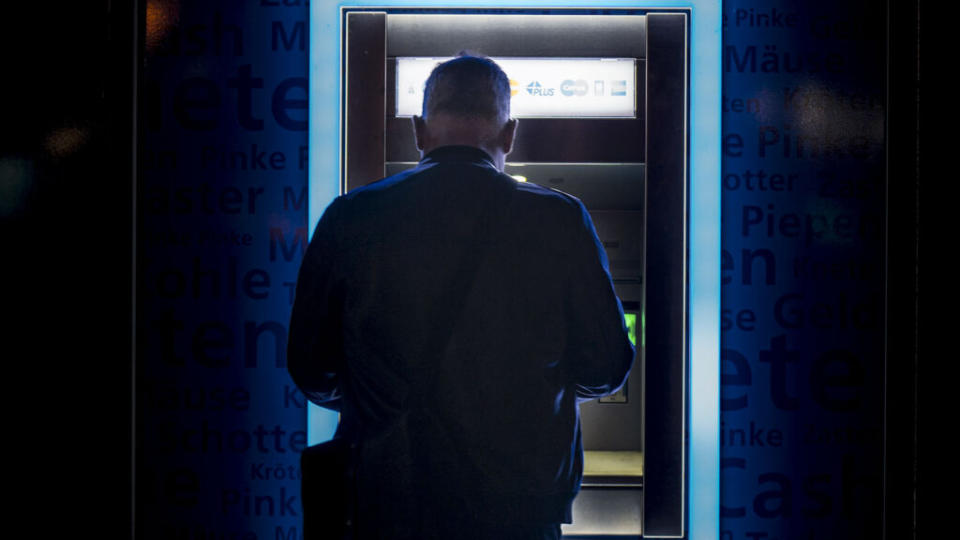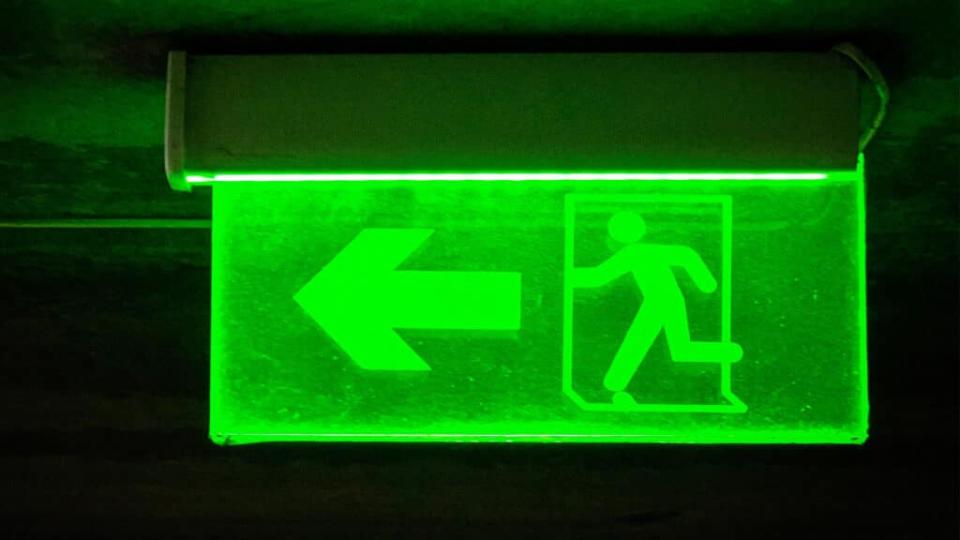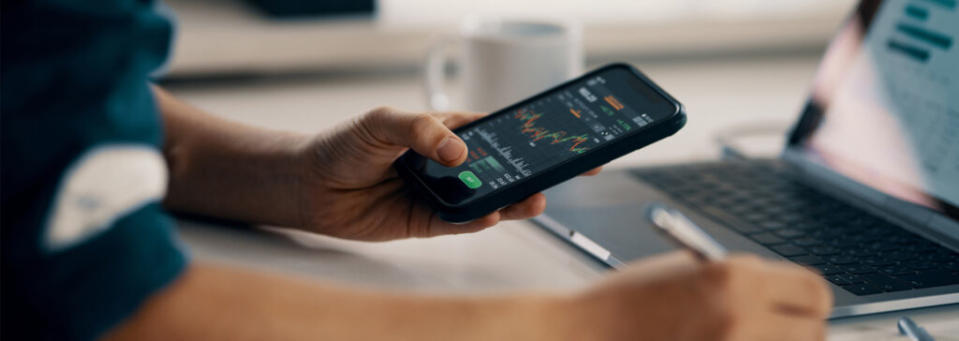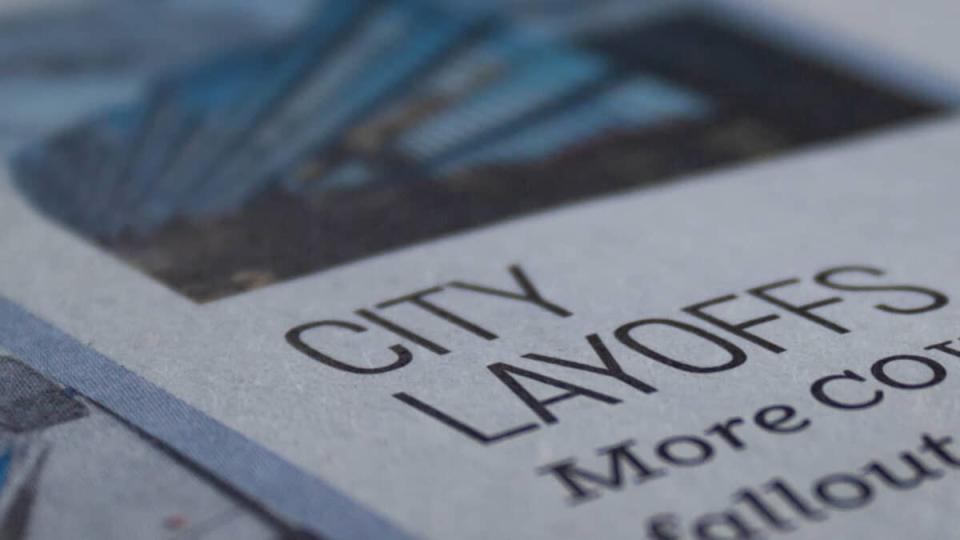5 Signs It’s Time to Dip Into Your Emergency Fund

Emergency funds protect you financially when you face sudden or unexpected expenses that everyday funds won’t cover . People often need extra money for financial goals or needs, but only some things constitute an emergency.
What Financial Situations Do Emergency Funds Cover?
Situations that would be considered emergencies include:
J ob l oss
Decreased i ncome
Emergency m edical e xpenses
Urgent h ome r epairs
Emergency c ar r epairs
Essential t ravel
Whether facing a specific hardship or a financial situation change over time, there are often indicators that let us know it’s time to start thinking about pulling funds from our emergency stash.
When Is It Time to Use Your Emergency Fund?
Below are five signs it’s time to dip into your emergency fund.
1. Your Income No Longer Covers the Bills
Unsplash
J ob loss, wage cuts, or reduced hours at work can lead to decreased income. Making less money can create an impossible situation trying to cover bills with the money coming into your checking account.
You can stretch your checking account balance fo r a time, but eventually, it will dwindle as less money comes in. The last thing you w ant to do is let your balance drop until you risk bleeding it dry or overdrawing on the accoun t.

How Overdraft Protection Works and How To Avoid Overdraft Fees
Consider your situation and whether it will change shortly to determine if it makes sense to withdraw from your savings to make ends meet.
2. You’ve Already Cut Out Nonessential Spending
Cutting out nonessential spending can create more margin and help you stretch out your monthly budget. If you’re already running on a bare budget and still have significant fin ancial needs, you may need to rely on emergency savings, at least for a while.
Look over your expenses and spending to ensure you’ve cut out all spending outside of immediate and essential needs. If you’re still short on funds, it could be time to withdraw from your emergency fund.

Should You Keep Your Emergency Fund in a Separate Bank Account?
3. You Need to Defer Bill Payments
Consider tapping into emergency funds if you’re getting behind on bills to the point that it’s time to contact creditors to defer bill payments.
Through the pandemic, many companies changed how they handled financial hards hip, offering more options for customers facing financial struggles. Today, you may be able to temporarily pause or reduce payments on loans, credit cards and other bill payments, as well as rent. You may also avoid late fees and other penalties and protect your credit.
If you’re still struggling after getting adjustments to your payments, use your emergency fund.
4. You Have Urgent or Unexpected Needs
Pexels
Emergencies are a part of life. It’s not a matter of whether they will happen but when. As much as you want to avoid using emergency funds, you may need to if you face a pressing financial ne ed. Some emergencies can be handled over time using money in your checking account, but others may require you to tap your emerge ncy savings quickly to remedy the situation.
Unexpected or urgent financial emergencies may include:
An u nplanned car repair that helps yo u avoid missing work
A life-saving emergency surgery
An emergency home repair to keep your family safe and avoid further damage
Paying off a bill to a void having your powe r or water turned off
Even careful planning can leave you underfunded when unexpected emergencies strike. Use emergency funds if t hey can help cover urgen t financial needs.
5. You Have Serious Medical Needs
If you have serious medical needs that require ongoing care and treatment, you may need to use emergency funds to help cove r costs. Surgeries, unexpected or not, can cost thousands of dollars or more, especially if uninsur ed. A medical condition or recovery time that leaves you unable to work only compounds your financial need.
Some healthcare providers will work with you to create a repayment plan to pay off medic al debt over time, but you may still need to tap into your savings to cover these expenses.
When Not to Use Your Emergency Fund
Unsplash
There’s a difference between a financial emergency and needing money to cover life goals or spe cific life events. Even needing money to cover an expense doesn’t make it an emergency.
The following expenses aren’t considered emergencies and shouldn’t rely on emergency funds to cover:
Back-to-sch ool shopping or big sales
Birthday presents
Cosmetic medical procedures
Down payment on a house
Holiday gifts
Income taxes
Mobile phone upgrades
Property taxes
Retirement
Starting a business
Consider whether your financial need is for survival or if it’s something you can live without or save up for over ti me. Keeping your em ergency fund intact for real emergenc ies helps ensure there’s money available when you need it the most.

5 Low-Risk Ways to Earn More Money On Savings
Stretching Your Emergency Fund
Even when facing a dire financial crisis, there are often ways to budget your emergency fund to last longer. Here are actions to consider taking if you’re facing financial hardship.
Apply for Unemployment
If you or your spouse loses their job, apply for unempl oyment benefits immediately. Applying for benefits can take tim e, so starting as soon as possible is better than waiting to see if you can land a job quickly.
Talk to Creditors
Lenders and creditors may offer payment forbearance or deferment if you’re facing specific financial difficulties. Generally, deferring payment will cause interest to accrue . Work with your creditors on a payment pause or repayment plan that satisfies both parties.
Tap Into Community Resources
Look for local charities or food banks that can provide resources or food that will help you leave emergency savings untouched for food or essentials. Search for nonprofits that assist with bills or housi ng.
Work a Second Job Part-Time
Consider getting a part-time job or side hustle to supplement income from your full-time job. Finding ways to make additional income can help bridge gaps to cover bills without withdrawing money from your emergency fund.
Replenishing Your Emergency Fund
Only use your emergency fund when necessary and stop using it when you’ve moved beyond whatever hardship you f aced. Continuing to use money earmarked for emergencies after the fact can cause those funds to dry up qui cker.
After you’ve recovered from hardship, work to rebuild your emergenc y fund, so it’s full the next time you need it. Follow these tips to rebuild your emergency fund.
Assess Your Fund
After using your fund, gauge whether you had enough saved to cover past needs or if you need to ramp up your fund to ensure there’s enough for the next emergency. Consider saving more if three or six months’ worth of living expenses w asn’t enough.
Automate Savings
Your emergency fund will only grow if you make it happen. One of the best ways to ensure you’re saving money is to set up automatic transfers from your checking account to your emergency savings until you’ve replenished the account.
Ready to save more?
Explore the Best High-Yield Savings Accounts

Avoid Lifestyle Creep
If you cut out unnecessary spending during hardship, consider keeping a lean budget to maximize your savings .

 money
money 


